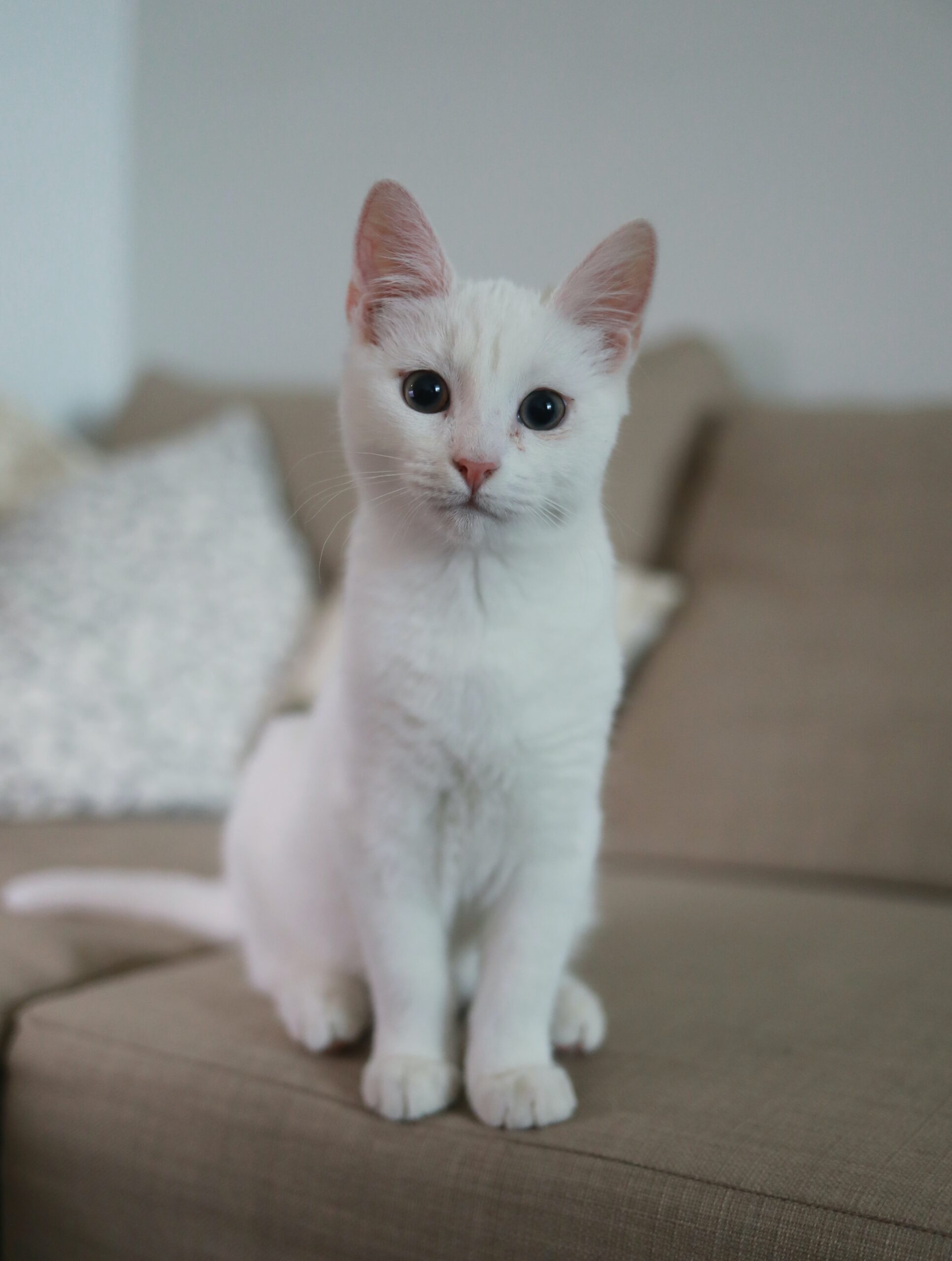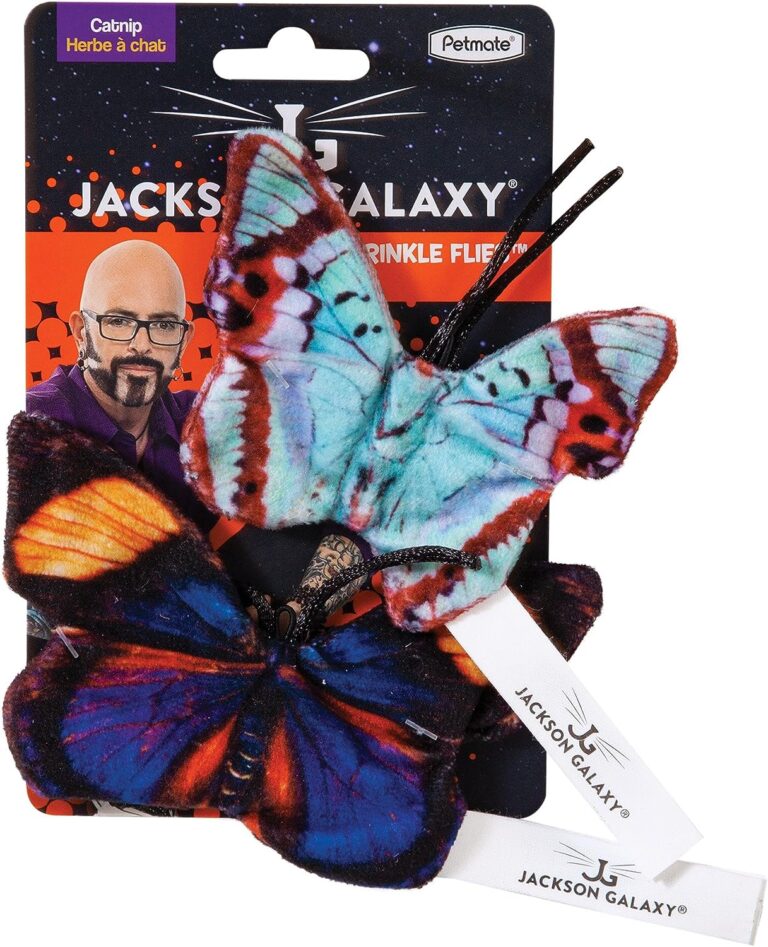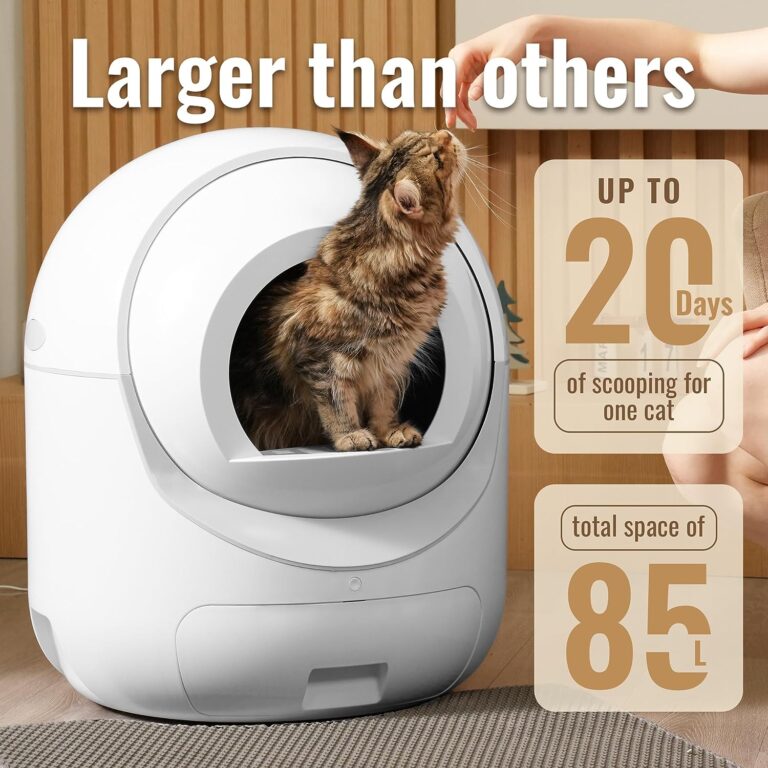Can A Neutered Cat Spray
If you’re a cat owner, you probably know just how rewarding it can be to have a furry companion. However, one issue that can arise is when your cat starts spraying in the house. This behavior can leave your home smelling less than fresh and can be a major nuisance. But here’s the question: can a neutered cat spray? In this article, we’ll explore this common concern and provide you with the information you need to understand why your neutered cat may still exhibit spraying behavior.
Understanding Spraying Behavior in Cats
Spraying behavior in cats refers to the act of a cat marking its territory by releasing small amounts of urine. While this behavior can be quite distressing for cat owners, it is important to understand why cats engage in spraying and how to address it effectively.
What is spraying?
Spraying is a behavior commonly observed in cats, especially among unneutered males. It involves the cat urinating on vertical surfaces such as walls or furniture, rather than in the litter box. Unlike regular urination, which serves the purpose of eliminating waste, spraying is a form of communication and territorial marking.
Why do cats spray?
There are several reasons why cats engage in spraying behavior. One of the primary motives behind spraying is to establish territorial boundaries. By leaving their scent through urine, cats communicate to other felines in the area that the marked territory belongs to them. Additionally, spraying can also be a response to stress, anxiety, or changes in the household environment.
Can neutered cats spray?
Contrary to popular belief, even neutered cats can spray. While neutering significantly reduces this behavior in most cats, it does not eliminate it entirely. Neutering involves the removal of a male cat’s testicles or a female cat’s ovaries, which can reduce or eliminate the desire to mark territory through spraying. However, there are several factors that can influence spraying behavior in neutered cats.
Determining the Cause of Spraying
To effectively address spraying behavior in cats, it is crucial to identify the underlying cause. This can involve considering various factors such as medical issues, stress and anxiety, territorial marking, and changes in the household.
Medical issues
Spraying behavior can sometimes be a sign of an underlying medical condition, such as urinary tract infections or bladder stones. Cats may associate discomfort or pain with using the litter box, leading them to spray outside of it. If your cat starts spraying suddenly, it is important to consult with a veterinarian to rule out any medical issues.
Stress and anxiety
Cats are highly sensitive animals and can experience stress and anxiety due to various reasons, including changes in the household routine, new additions to the family, or conflicts with other pets. Stress can trigger spraying as a way for cats to cope with their anxiety or assert their dominance. Creating a calm and predictable environment can help reduce spraying caused by stress.
Territorial marking
Often associated with unneutered male cats, territorial marking is a natural instinct for cats to communicate their ownership of a particular space. Even after neutering, some cats may continue to spray as a way of asserting their dominance or protecting their territory from perceived threats. Understanding this behavior and implementing appropriate measures can help address territorial marking.
Changes in the household
Changes in the household environment, such as moving to a new house, introducing new pets, or rearranging furniture, can disrupt a cat’s sense of familiarity and security. Cats may respond to these changes by engaging in spraying behavior as a way of reestablishing their territory and comfort. Gradually introducing changes and providing reassurance can help minimize spraying in these situations.
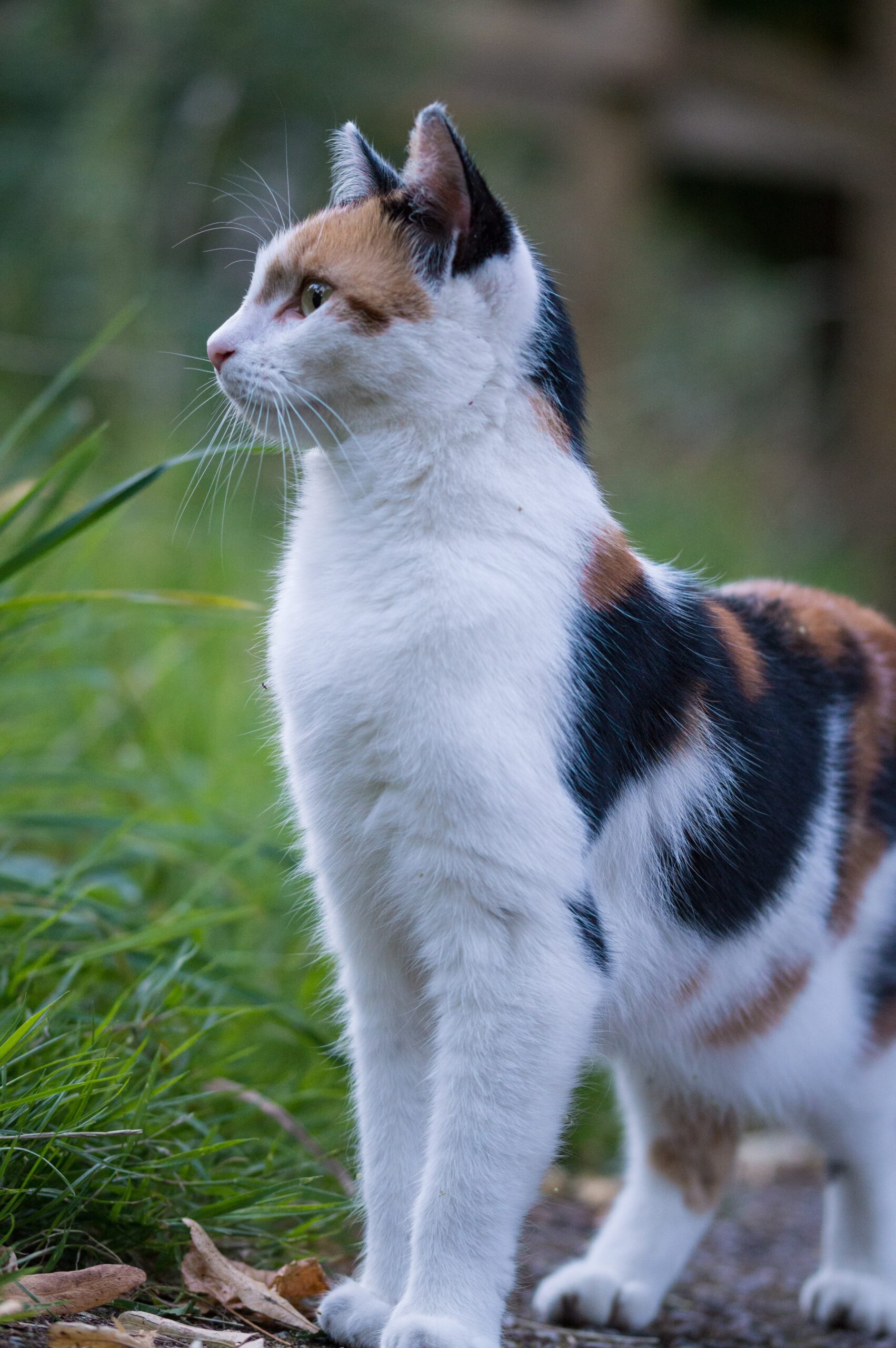
The Importance of Neutering
Neutering plays a significant role in reducing spraying behavior in cats, particularly in male cats. It is a surgical procedure that involves the removal of a male cat’s testicles or a female cat’s ovaries. The benefits of neutering extend beyond curbing spraying, as it also helps prevent certain medical conditions and unwanted behaviors.
What is neutering?
Neutering is a surgical procedure performed by a veterinarian to remove the reproductive organs of a cat. In males, this involves removing the testicles, and in females, it involves removing the ovaries and sometimes the uterus. By eliminating the cat’s ability to reproduce, neutering can have various positive effects on their physical and behavioral health.
How does neutering affect spraying?
Neutering plays a crucial role in reducing spraying behavior in cats. It helps decrease or eliminate the production of certain hormones, such as testosterone, which can trigger territorial marking through spraying. The decrease in hormone levels can significantly reduce a cat’s motivation to engage in spraying behaviors.
When should a cat be neutered?
Ideally, cats should be neutered between four and six months of age. Performing the procedure at a young age before the onset of sexual maturity can help prevent the development of spraying behavior in the first place. However, even older cats can benefit from neutering in terms of reducing or eliminating spraying.
Factors that may Influence Spraying in Neutered Cats
While neutering can greatly reduce spraying behavior, certain factors can still influence the likelihood of a neutered cat spraying. Understanding these factors can help cat owners better address and manage spraying behaviors in their pets.
Early neutering
Cats that are neutered at a younger age, ideally before they reach sexual maturity, are less likely to develop spraying behavior. Early neutering helps prevent the development of territorial marking instincts and reduces the chances of spraying in the future.
Incomplete neutering
Occasionally, a neutering procedure may not be entirely successful, leading to residual hormonal influences. In such cases, the cat may continue to engage in spraying behavior, albeit to a lesser extent. If a neutered cat continues to spray, it is important to consult with a veterinarian to ensure that the procedure was performed correctly.
Hormonal imbalances
In some cases, hormonal imbalances can contribute to spraying behavior in neutered cats. Although the reproductive organs have been removed, certain hormones may still be produced by other organs, potentially triggering spraying. Working closely with a veterinarian can help identify and address any underlying hormonal imbalances.
Individual cat’s personality
Every cat has its own unique personality, and some cats may be more prone to spraying behavior than others. Cats with a dominant or territorial nature may continue to spray even after being neutered. Recognizing and managing these personality traits can help lessen the frequency and intensity of spraying.
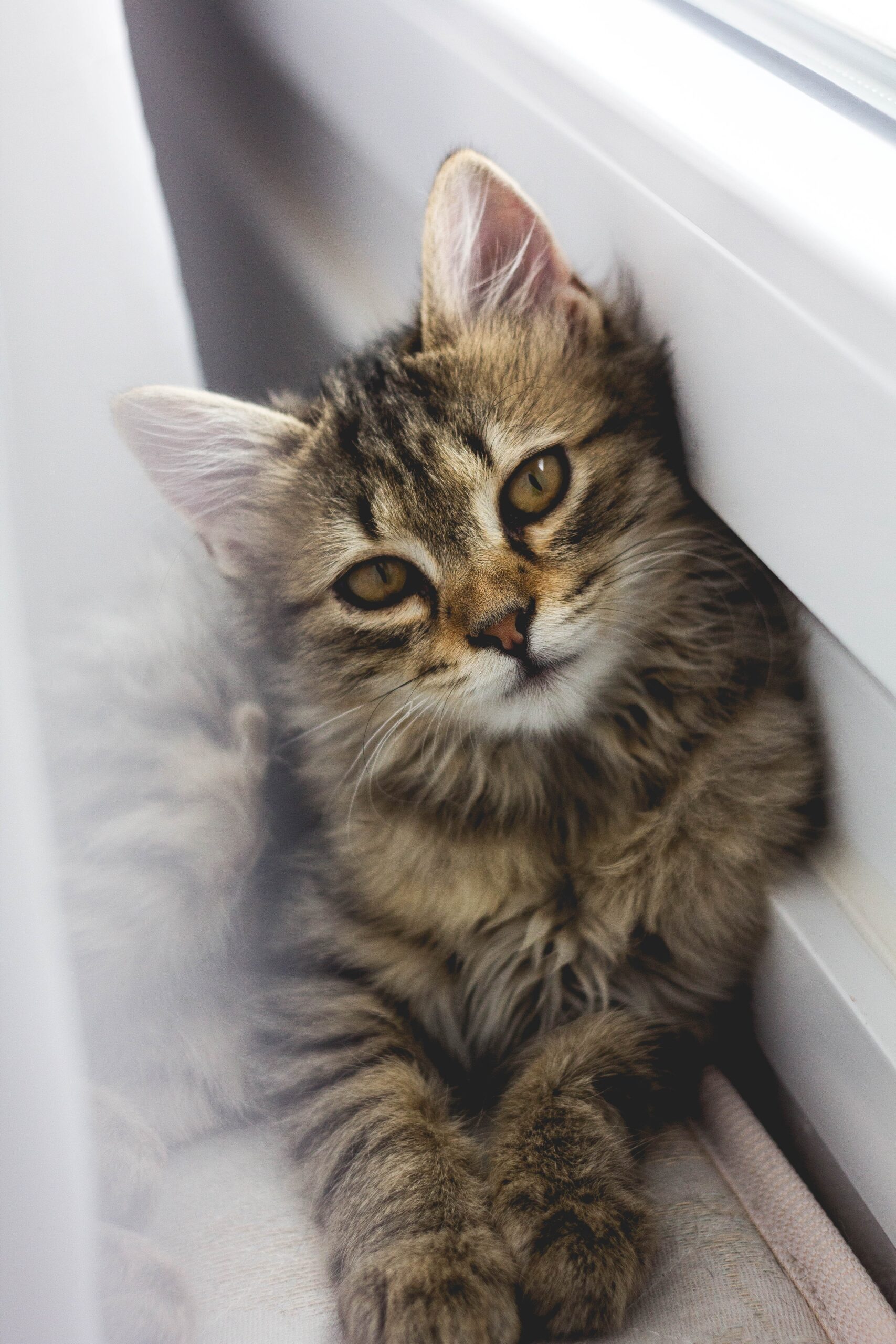
Recognizing the Signs of Spraying
Identifying whether a cat is engaging in spraying behavior is crucial for effective intervention. Understanding the signs can help cat owners differentiate spraying from regular urination and take appropriate measures.
Marking vertical surfaces
Spraying typically involves a cat urinating on vertical surfaces such as walls, door frames, or furniture. The urine is usually released in small amounts, leaving distinct marks that serve as territorial boundaries. Unlike regular urination, which occurs in the litter box, spraying is aimed at specific locations.
Urine with strong odor
The urine sprayed by cats often has a strong and pungent odor. This is due to the presence of pheromones that serve as communication signals to other cats. The strong odor can help attract other cats and convey the message that the marked area is occupied.
Spraying in specific locations
Cats engage in spraying behavior strategically, marking specific locations that hold significance to them. These locations may include boundaries between indoor and outdoor environments, areas frequented by other cats, or places where conflicts with other animals have occurred. Observing the pattern of spraying can provide insights into the cat’s motivations.
Body language and vocalization
When cats are in the process of spraying, they often adopt a specific body posture. This may involve raising their tail, treading with their back legs, and assuming a stiff and focused stance. Additionally, cats may emit specific vocalizations, such as growling or yowling, to assert their dominance or intimidate potential rivals.
Addressing Spraying Behavior
Once spraying behavior in cats has been identified, there are several proactive measures that can be taken to address and manage the behavior effectively. These measures include spaying or neutering, medical evaluation, providing a stress-free environment, introducing environmental enrichment, using pheromone products, and consulting with a behaviorist.
Spaying or neutering
While spraying behavior can still occur in neutered cats, neutering remains an essential step in reducing the frequency and intensity of spraying. For unneutered cats, this procedure is even more critical in curbing territorial marking behaviors.
Medical evaluation
If a cat starts spraying suddenly or exhibits other unusual behaviors, it is important to consult with a veterinarian to rule out any underlying medical conditions. Medical issues, such as urinary tract infections or kidney problems, can contribute to spraying behavior and should be addressed promptly.
Providing a stress-free environment
Creating a calm and stress-free environment for cats can help reduce spraying caused by anxiety or conflicts. This involves maintaining consistent routines, minimizing exposure to stressful situations, and providing safe spaces where cats can retreat and feel secure.
Introducing environmental enrichment
Enriching the cat’s environment can help divert their attention away from territorial marking behaviors. Providing interactive toys, scratching posts, and vertical spaces for climbing can help satisfy the cat’s natural instincts and reduce the urge to spray.
Using pheromone products
Pheromone products, such as sprays or diffusers, can be useful in managing spraying behavior. These products mimic natural feline pheromones and create a sense of calm and familiarity in the environment, reducing the need for spraying as a means of communication.
Consulting with a behaviorist
In more severe cases of spraying behavior, consulting with a professional behaviorist can provide valuable insights and guidance. A behaviorist can help identify the underlying triggers and develop a tailored behavior modification plan to address the specific needs of the cat.

Preventing Spraying in Neutered Cats
While it is not always possible to completely prevent spraying in neutered cats, there are proactive measures that cat owners can take to minimize the likelihood of the behavior occurring.
Establishing a routine
Maintaining a consistent routine can help cats feel secure and minimize stress-related spraying. Establish set feeding, play, and sleeping times to provide structure and predictability to their daily lives.
Maintaining a clean litter box
Keeping the litter box clean and accessible is crucial for preventing spraying. Cats are more likely to spray when they feel that the litter box is dirty or unpleasant. Regularly scooping the litter and providing multiple litter boxes can help encourage proper elimination behavior.
Providing appropriate scratching surfaces
Cats have a natural instinct to mark their territory through scratching. By providing cats with appropriate scratching surfaces such as scratching posts or mats, owners can help redirect their marking behavior away from vertical surfaces and discourage spraying.
Limiting outdoor access
Outdoor access can increase the likelihood of territorial disputes and conflicts with other cats, leading to spraying behavior. Limiting outdoor access or providing a safe and enclosed outdoor space can help minimize these potential triggers.
Avoiding confrontations with other animals
Interactions with other animals, both within and outside the household, can be a significant source of stress for cats. Avoiding confrontations and managing introductions and interactions between cats can help reduce the incidence of spraying.
Minimizing household changes
Cats are creatures of habit and can be sensitive to changes in their environment. Minimizing unnecessary household changes and providing gradual introductions to new stimuli can help prevent stress-related spraying.
When to Seek Veterinary Assistance
While addressing spraying behavior is important, certain situations may require the expertise of a veterinarian. It is advisable to seek veterinary assistance in cases of persistent spraying behavior, sudden onset of spraying in previously non-spraying cats, or if spraying is accompanied by other symptoms such as frequent urination, blood in urine, or signs of discomfort.
Persistent spraying behavior
If the spraying behavior persists despite implementing proactive measures, it is recommended to consult with a veterinarian. They can conduct a thorough evaluation, considering potential medical causes or underlying behavioral issues that may be contributing to the behavior.
Sudden onset of spraying
If a previously non-spraying cat suddenly starts engaging in spraying behavior, it is important to seek veterinary attention. Sudden changes in behavior can be indicative of an underlying medical condition that needs to be addressed promptly.
Spraying accompanied by other symptoms
If spraying is accompanied by other concerning symptoms such as frequent urination, blood in urine, or signs of discomfort, it is crucial to consult with a veterinarian. These symptoms may be signs of an underlying medical issue that requires immediate attention.

Conclusion
Understanding spraying behavior in cats is crucial for cat owners to effectively address and manage this common issue. While neutered cats can still spray, proactive measures such as spaying or neutering, creating a stress-free environment, and addressing any underlying medical issues can help prevent or minimize spraying behaviors. By recognizing the signs, understanding the causes, and implementing appropriate strategies, cat owners can create a harmonious environment for both themselves and their feline companions.

